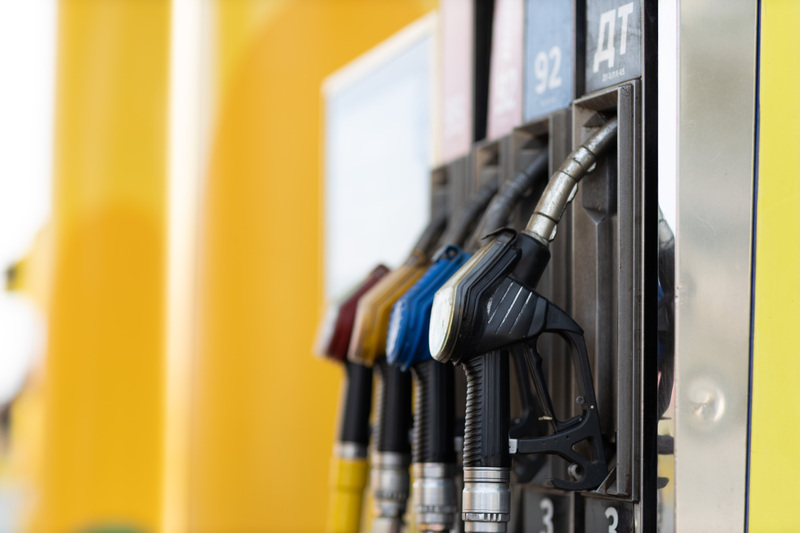India’s nationwide rollout of E20 fuel, a petrol blended with 20% ethanol, has sparked concerns among motorists, with many reporting reduced mileage and potential engine issues. The move, which the government has hailed as a landmark step toward energy independence and cleaner fuels, has become a point of debate across the country.
Consumer Feedback Raises Red Flags
Since the introduction of E20 earlier this year, car owners in several cities have reported drops in fuel efficiency of up to 15–20%. Some drivers have also complained of rough engine performance, particularly in older vehicles not designed for higher ethanol blends.
“I am spending more on fuel now because the mileage has gone down,” said a commuter in Mumbai, echoing the concerns of many motorists.
A recent survey indicated that a large share of drivers had noticed a decline in fuel economy, intensifying doubts about whether India’s current fleet is fully compatible with the new fuel standard.
Government Defends Rollout
The Ministry of Petroleum and Natural Gas has dismissed the concerns, stating that E20 fuel has undergone extensive testing and does not cause damage to vehicles. Officials added that ethanol’s higher octane rating could even provide better acceleration, while also cutting carbon emissions and reducing India’s dependence on imported crude oil.
“This transition is about long-term benefits: cleaner air, stronger energy security, and support for our farmers,” a ministry spokesperson said.
A Global Trend With Local Challenges
India is not alone in adopting ethanol-blended fuels. Brazil has used E27 petrol for years, while the U.S. widely deploys E15. However, unlike Brazil, where most vehicles are designed as flex-fuel, India faces the challenge of adapting millions of cars built for lower ethanol blends.
Energy analysts note that India’s rapid transition to reaching the E20 target five years ahead of schedule is ambitious but will require greater coordination between fuel suppliers, automakers, and consumers.
Looking Ahead
Authorities have indicated plans to move toward higher ethanol blends, such as E27, within the next decade. For now, the success of E20 will depend on how quickly automakers upgrade technology and how well consumers adapt to the change.
India’s effort positions it as a global frontrunner in biofuel adoption, but the everyday driver experience will be the ultimate test of the policy’s success.






